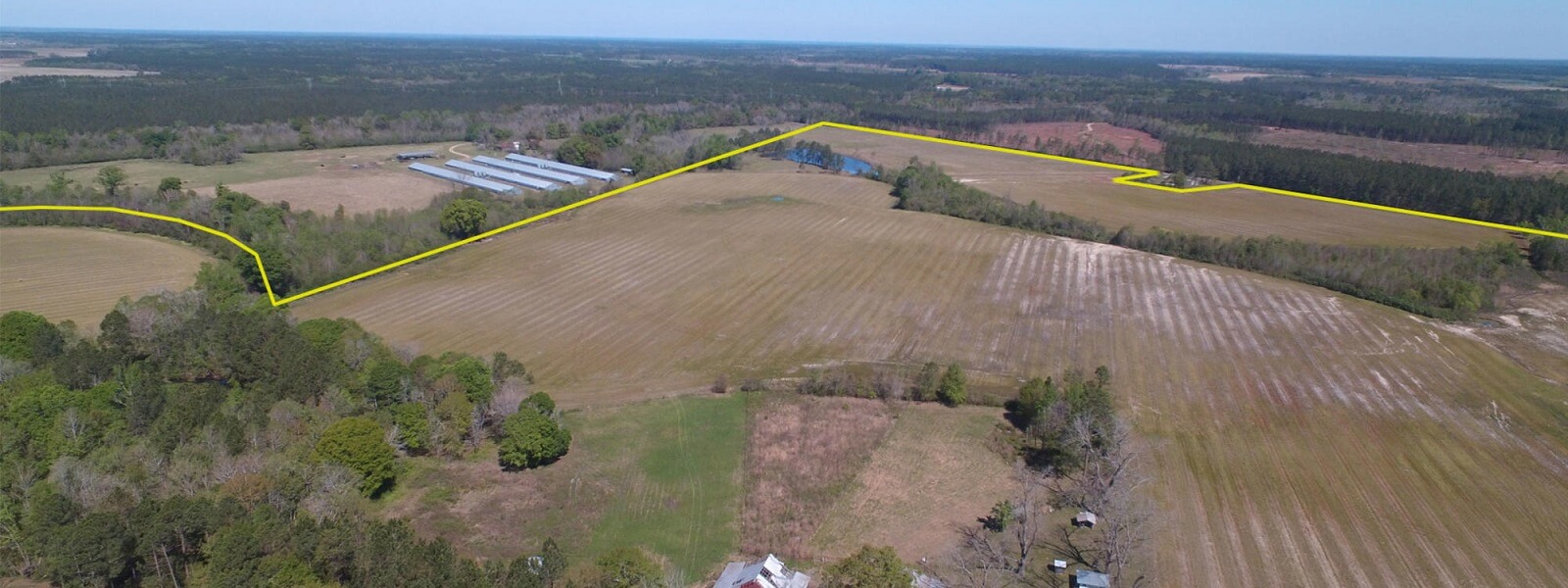An Infrastructure Designation is an opportunity to designatepremises for the development of essential infrastructure and services, quicker,at lower cost and without risk of appeal. Since the introduction of the PlanningAct 2016, private entities can request for infrastructure designation,where previously only public sector entities could request these designations.Schools, hospitals and sporting clubs can be allocated as a designation. Wherea proposed designation is considered low Impact, the Minister has the authorityto further streamline the assessment process reducing the assessment time frame.Notable benefits of a Infrastructure Designation include:
- Time Frame: Assessment time frame is generally shorter for significant projects given the higher level and principle-based assessment process.
- Cost: There is no application fee and no applicable Infrastructure charges for certain developments.
- Appeals: There are no third party appeal rights to infrastructure designation decisions (though there are no applicant appeals).
- Flexibility: Approval relates to a development envelope as opposed to a detailed plan(s), allowing the proposal more flexibility in terms of design and siting into the future.
- Approvals: No further planning approvals are required for the scope of works approved in the Infrastructure Designation. Approval to carry out building work under the Building Act 1975, and operational works approved to carry work outside of the site’s boundaries are still required.









